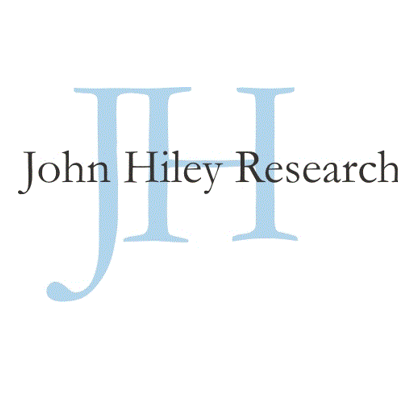I thought that I knew it all, but I was recently caught out by what I thought would be a routine transaction to Ethiopia.
I’m assisting a British company hoping to win a contract with the Ethiopian Government. As part of this I commissioned a journalist to write a report – someone who I’ve known and dealt with for many years; a dear friend in fact, but a journalist of international renown.
The report told my customer in detail about how his industry operates in Ethiopia, what will be needed to win the business, who the decision makers are, and a little about their backgrounds, and confirming that the business can be transacted in an honest and open manner.
The journalist requested payment by bank transfer, which I arranged through a visit to the branch, in which I explained the project and the purpose of the payment.
My first knowledge of a problem was when my bank card was refused in a supermarket. A visit to the bank confirmed that my account had been frozen, with no reason given.
The reason, in fact, was a Suspicious Activity Report (SAR) filed by my bank to the National Crime Agency.
The latest figures available show that almost 40,000 examples are happening every month, with the number probably having risen above that number by now. In many cases this is happening to people and businesses that regularly send payments abroad. It may be that a bank official became suspicious, or that an algorithm in the banks computer system threw up a red flag.
Under the Proceeds of Crime Act, bank officials are required to report suspicious payments to the National Crime Agency. Any official failing to do so is committing a crime, so they tend to err on the side of reporting.
Suspicion is difficult to define, but the NCA, when considering money laundering, states that “there does not need to be anything amounting to evidence of the suspected money laundering. The threshold for suspicion under POCA is generally considered to be low.”
Filing the SAR is, in itself, also a defence against any potential allegation of assisting money laundering.
Bank staff will not reveal to the customer what is happening because if they did they would be guilty of the crime of tipping off a suspect that they are under investigation. So they say that they don’t know why their customers account is frozen.
The NCA are aware of the difficulties that an SAR can cause customers, including the fact that this has led to in some instances to employees not being paid. Their website says that they are “aware that some customers have self-harmed in front of banking clerks who have told them they cannot have their money.”
The likelihood of this happening could increase, given the NCA warning that “it is a realistic possibility that the UK’s exit from the EU will impact the prevalence of bribery and corruption over the next five years, as UK companies potentially come into greater contact with corrupt markets.”
I have signed up to my local authorities cheap eco-energy scheme which requires a top up from time to time, and after returning home from the bank my electricity was cut off. In all my bank account was frozen for 9 days. Had the NCA decided to investigate it would have been frozen for a further month at least.
SAR’s can be raised by a variety of bodies such as solicitors, accountants, estate agents and the gaming and leisure industry. In practice over 80% are raised by banks. That’s significantly more than the money transfer agencies that I have used frequently.
I chose to regard this project as a self employed transaction and put it through my main bank account. I’m not convinced that using an account with a different bank, or through a company would have reduced the chances of a SAR being raised, in fact it might have increased it, but it would have avoided the problems caused to me.
There have been cases when the Governments in the country that payment was being made to have been alerted and seized assets of British citizens or companies in their country. Have I been complacent in believing that this wouldn’t happen to me, or to my customers because of my contacts there and because Government officials and / or Ministers are generally aware of our projects?
I think that I need to look again at that and take measures to ensure that it couldn’t!

